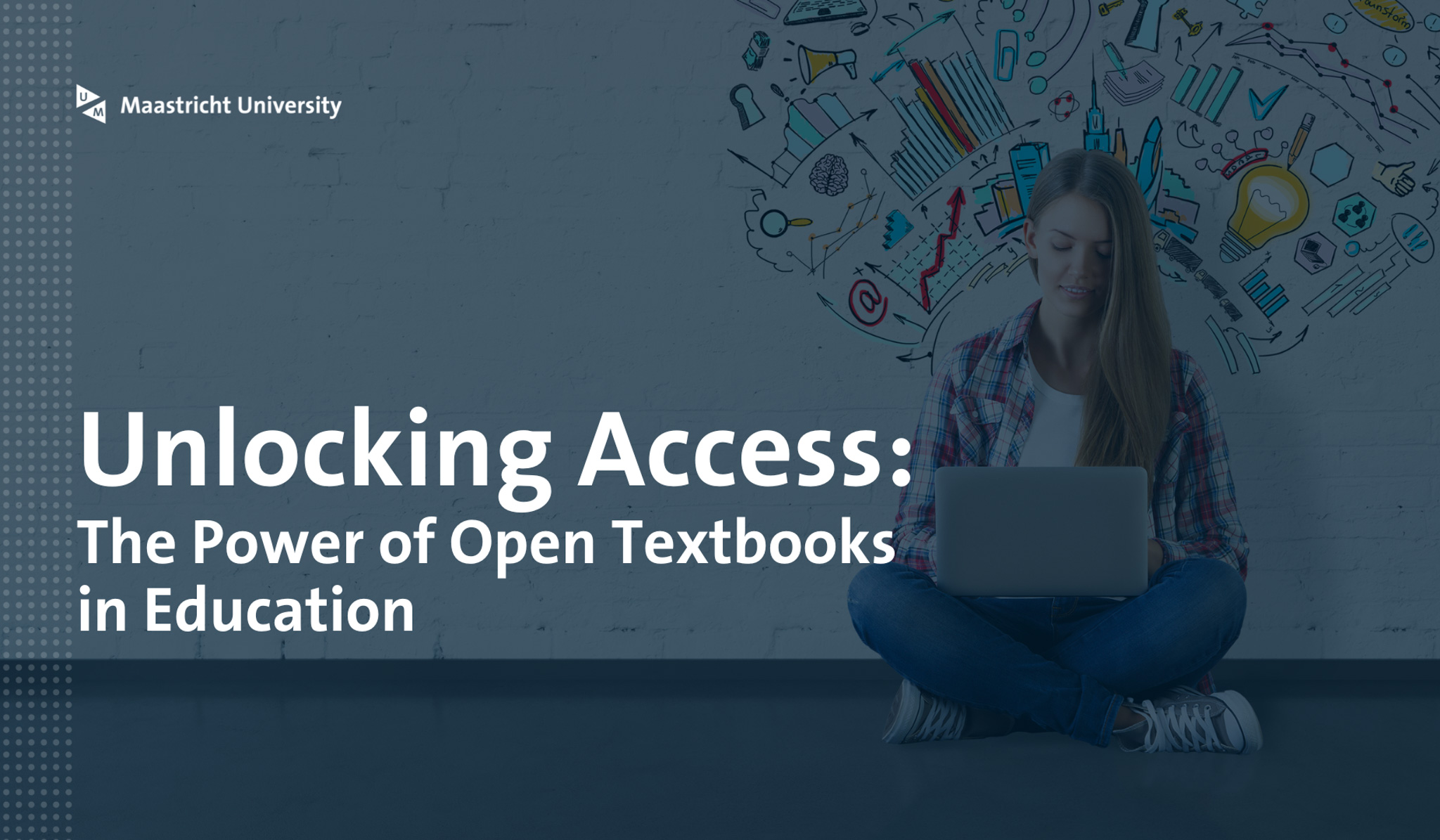One of the primary benefits of an open textbook is that it makes educational resources more accessible to students. Traditional commercial textbooks can be expensive and difficult to obtain, leading to students either not having the required materials or having to resort to cheaper, outdated editions. With open textbooks, students can access the required materials for free. Additionally, they often include multimedia elements such as videos and interactive simulations and may integrate content from other open textbooks to enrich the students learning experience.
In addition to their affordability, open textbooks also offer a number of other benefits. They are customisable, which means that you as an educator can tailor them to your specific needs and the needs of your students. This can include adding or removing content, reordering chapters, or supplementing the material with additional resources. Open textbooks also allow for collaboration and sharing between you and your peers/colleagues, which can lead to the development of new and innovative teaching methods. Another key benefit of open textbooks is that they are constantly updated and revised, ensuring that students always have access to the most up-to-date and accurate information available.
Finding open textbooks
There are two main ways to use open textbooks: first, by searching and using existing open textbooks as a cost-effective alternative to traditional textbooks. Here are some ways to find open textbooks:
- You can browse various open textbook repositories. Some popular ones are OpenStax, Open Textbook Library, Libretexts and BCcampus OpenEd.
- You can also use OER search engines like MERLOT, OER Commons or SURF edusources. These search engines specifically index and curate open educational resources, including open textbooks.
- You can use search engines like Google or Bing to search for open textbooks. Use specific search terms like “open textbooks,” “free textbooks,” or “open educational resources” along with the subject or topic you are interested in.
- You can ask colleagues or librarians, for recommendations on open textbooks. They may have suggestions or resources that you may not have come across in your search.
As you can see, there are numerous online platforms that host extensive open textbook collections that can make the search process overwhelming. To make things a little easier for you, our library domain specialists, in collaboration with faculty, have put together domain-specific subsets, including a selection of domain-specific open textbook resources. This is your ideal starting point to get started with open textbooks. Once you have assessed and appraised the material’s content and quality, you may choose to use the textbook as-is or make modifications to the content. Afterwards, you can incorporate it into your courses and assign it to your students.
Creating open textbooks
The second way to get involved is to create and share your own open textbook. If you are interested in making your teaching materials available to a wider audience, consider contacting Maastricht University Press. Maastricht University Press started last year as a Diamond Open Access publisher of scholarly books (monographs, special editions and open textbooks). The ‘Diamond’ label indicates that the Press offers OA publications free of charge for you as the author and readers. Maastricht University Press is committed to supporting open access publishing and allows authors to self-publish their works in an open access format. Subsequently, they provide guidance and support throughout the publishing process, ensuring that materials meet their quality standards. Each publication will get digital versions in all possible formats (epub, Mobi, pdf, XML) and an affordable print-on-demand option.
By promoting the use of open textbooks and/or publishing your materials as open textbooks, you can contribute to the open education movement and improve access to high-quality educational resources for everyone. As the education landscape evolves, it is essential to embrace the benefits of open education and strive towards creating a more inclusive and accessible learning environment for students worldwide.
Contact & Support
Are you interested in integrating open textbooks into your educational practices? Feel free to contact our colleague Michel Saive, who is more than happy to discuss your options or help make your materials available as an open textbook.
Michel Saive works at UM Library as Project Officer Open Educational Resources (OER) & Open Access (OA).


0 Comments